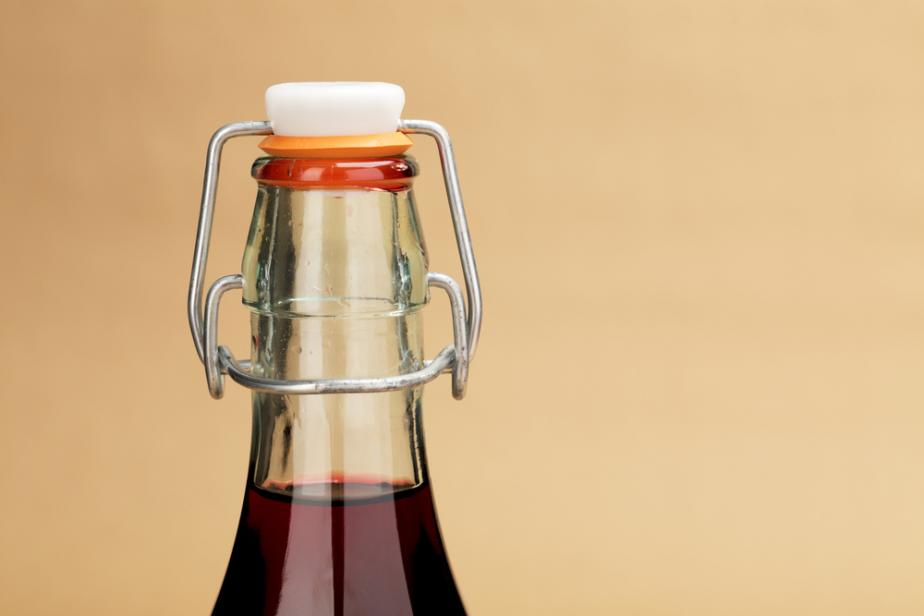
Wine enthusiasts take great pride in storing their bottles in only the very best possible conditions, but those who make homemade wine know that there is a lot more to it than simply filling up a bottle and putting it away with the rest. There is a process that should be followed to ensure that your homemade bottle of wine remains of the highest quality, as well as factoring in how long you should allow the bottle to age before you even dare think about uncorking it.
There are right and wrong ways of how to store homemade wine and, here at Cranville Wines, we take great pride in offering our customer the best solutions for storing their bottles. If you have gone to the effort of making your homemade wine, it is important to note that no matter how flawless your winemaking process is, that you carefully fermented wine can still turn sour if stored incorrectly.
As Soon as Your Wine is Bottled
When you have first bottled your homemade wine, it should be kept in an upright position for between three and five days. This is to allow the cork to fully expand, thus creating a tight and firm seal at the top of the bottle. After all, you wouldn’t want the wine you have so carefully made to leak once you have placed it in your wine rack, would you?
Assuming you have corked your bottle by hand, this will cause pressure to build up inside of the bottle which will need to be equalised. As the cork expands over the few days, the extra air in the bottle can escape. After these few days, the bottle can then be stored on its side in the same way as you would a shop-bought bottle of wine.
How Long Should I Age my Wine?
How long you should allow your wine to age is completely dependent on the type of wine that you have made. While some wines can be consumed straight away, it is almost always the case that the drink will benefit from at least a small ageing period. Red wines are reasonably flexible when it comes to ageing, ranging from just a few months to even decades.
Sparkling wines should be aged for a maximum of two years. While you will indeed enjoy a fuller and richer taste after this, but if you leave your bottle of bubbly for much longer, the chances are that it will begin to deteriorate over time.
The vast majority of wines are intended to be consumed not long after they have been bottled, so if you are keeping a bottle of your finest for a special occasion, don’t be too hesitant to open it. White wine, especially, is better when consumed earlier in the ageing process which is why – as a general rule – white wines have less of a shelf life than their red counterparts.
The Importance of Quality Cork
The cork you use to seal the bottle should not be an oversight as this will play a huge part in the overall quality of your wine. Longer, less porous corks provide a better barrier that extends the potential to age the wine before the drink can begin to react with oxygen.
Poor quality corks can result in your wine becoming oxidised and, thus, ruined – even if you have followed every guideline and stored your bottle in the correct environment. Sadly, even the very best, high-quality wine rack won’t save your bottle from deteriorating ahead of time if a poor cork has been used.
Where to Store Homemade Wine
Once you have allowed your homemade wine to stand for between three and five days, you should store the bottle the same way as you would any other bottle. That means storing on a wine rack on its side (keeping the cork moist), in a cool and dark environment with a stable, consistent temperature. This is why wine cellars prove to be highly popular amongst wine enthusiasts.
Of course, not everyone has the luxury of converting a basement into a wine cellar, which is why Cranville Wine Racks offers bespoke wine racks that can be manufactured to suit whatever space you have available to store your collection.
How Should I Store my Wine Once it Has Been Opened?
A question we see a lot is ‘what do you do with your homemade wine once opened and how do you store it?’ The first thing you should learn is to re-cork the bottle once you have poured each serving to stop the wine reacting with oxygen (which will turn red wine into something more akin to vinegar).
You should store your opened bottle of wine away from light and under room temperature, making the fridge the ideal place. With the bottle re-corked and kept in the fridge, this slows down the oxidation process, keeping the wine fresh for up to five days, although you should probably finish the bottle within three days of opening it for the best quality.
Cranville Wine Racks – The Wine Storage Experts
Having manufactured wine racks for commercial and residential use for close to 30 years, we are experts in producing the very best storage solutions for collections, large or small. For more information on the range of wine racks that we have to offer please get in touch with a member of our team today.
 Designed and Manufactured in the UK
Designed and Manufactured in the UK 